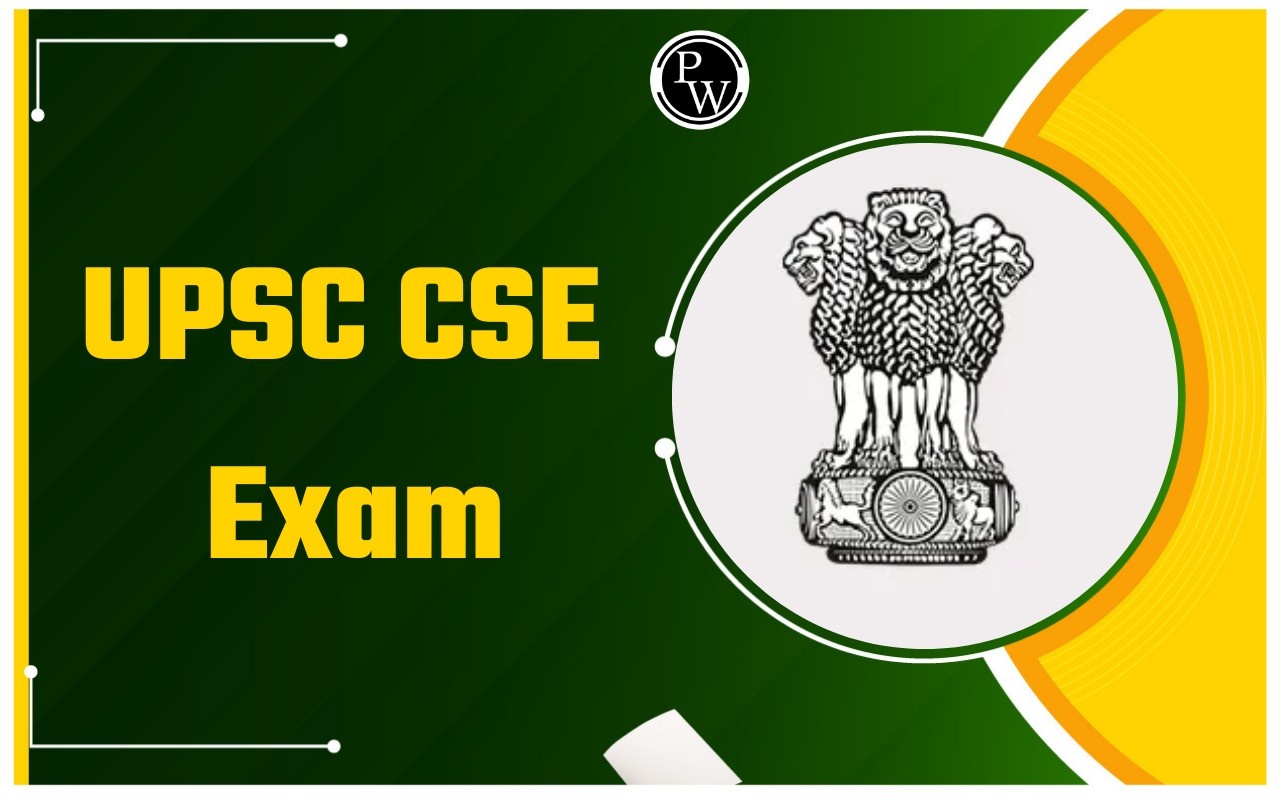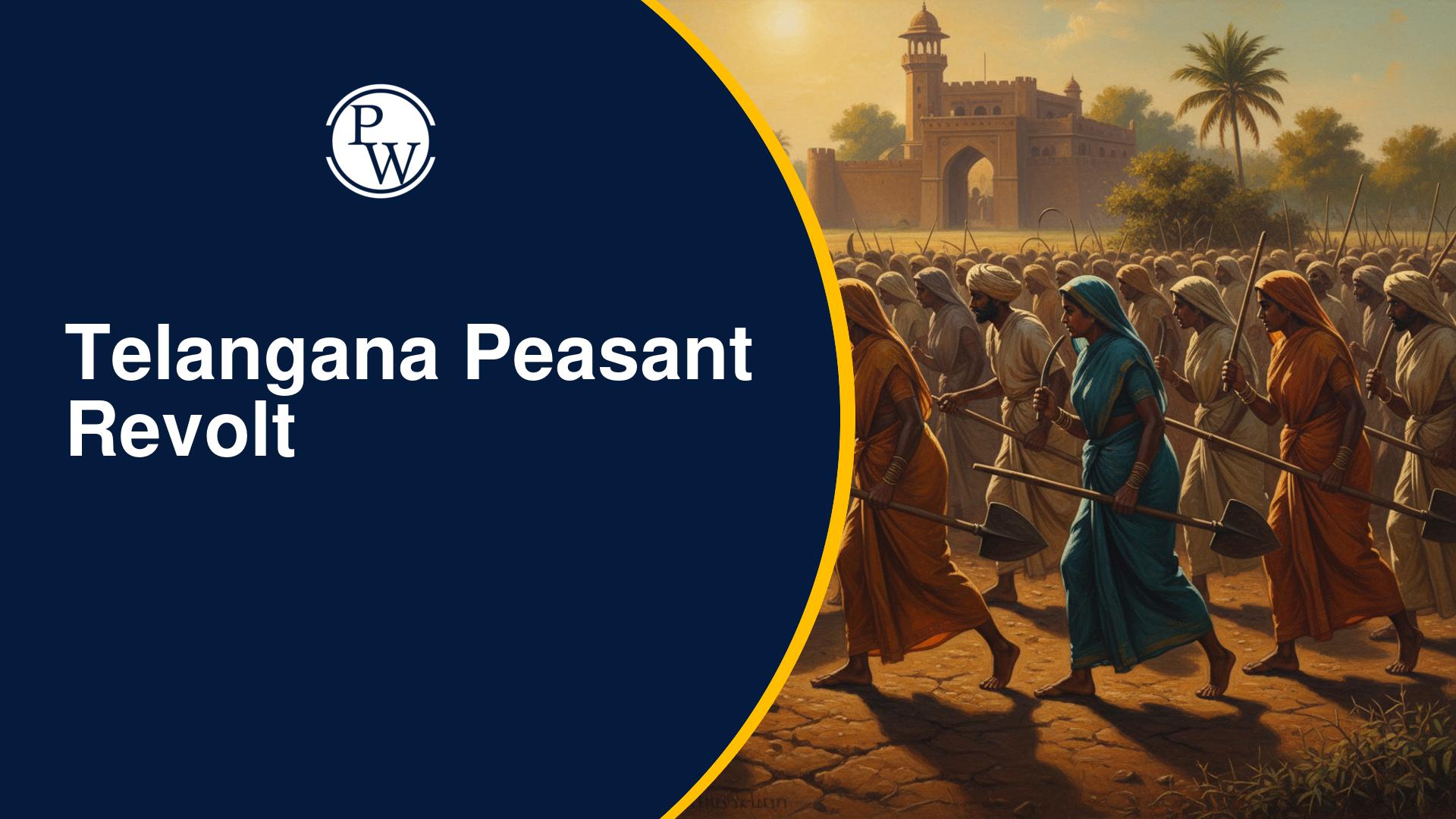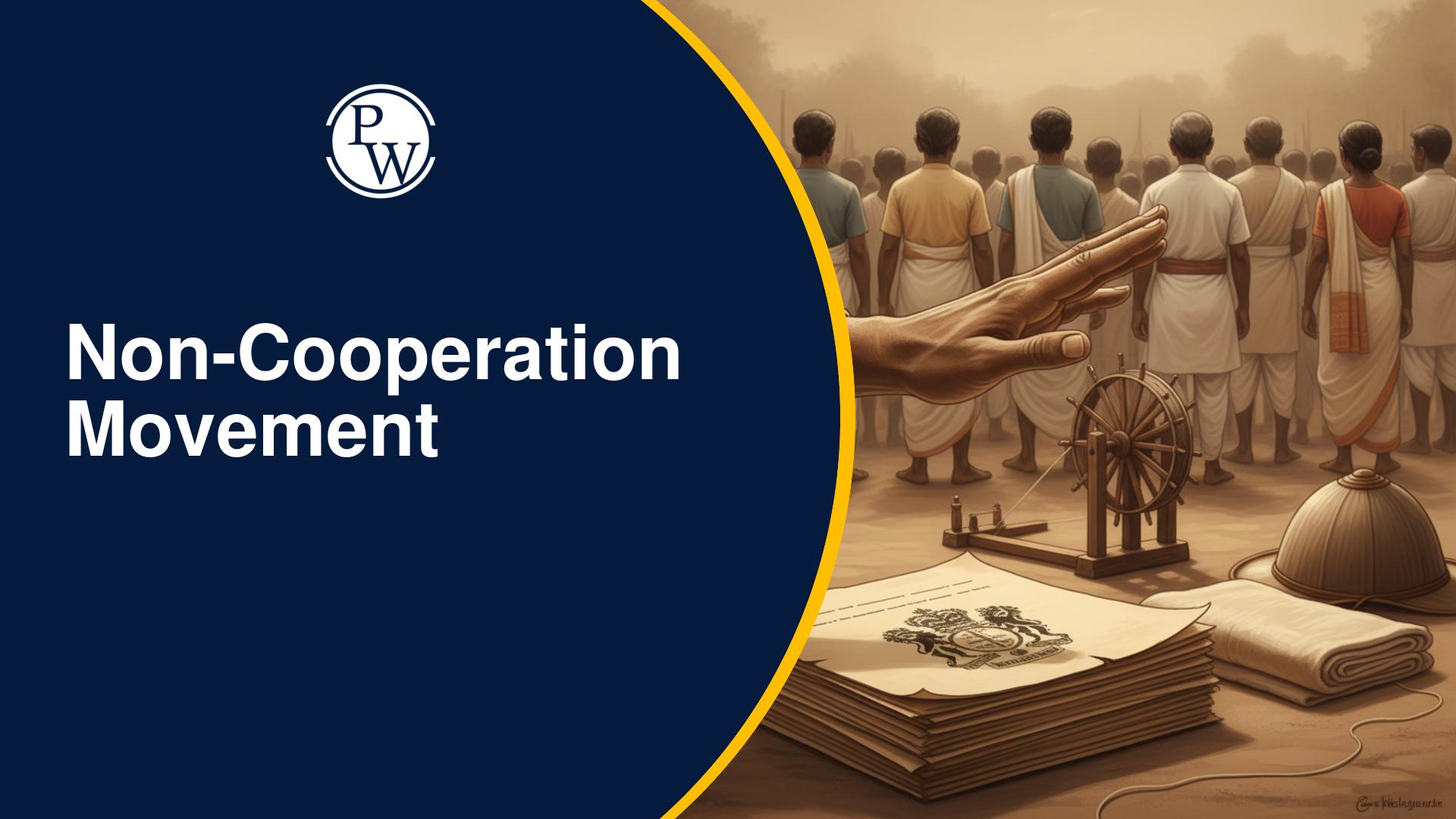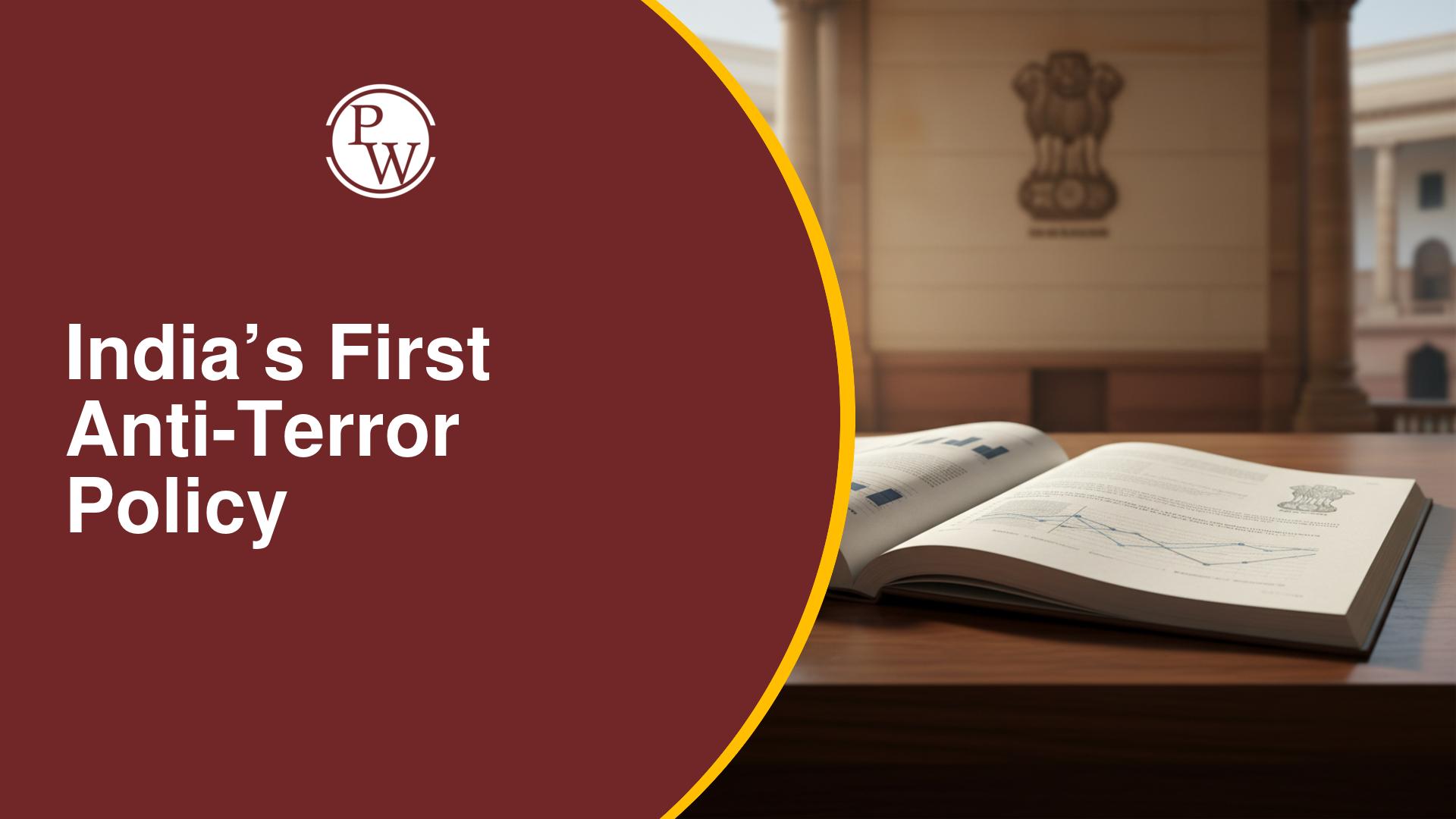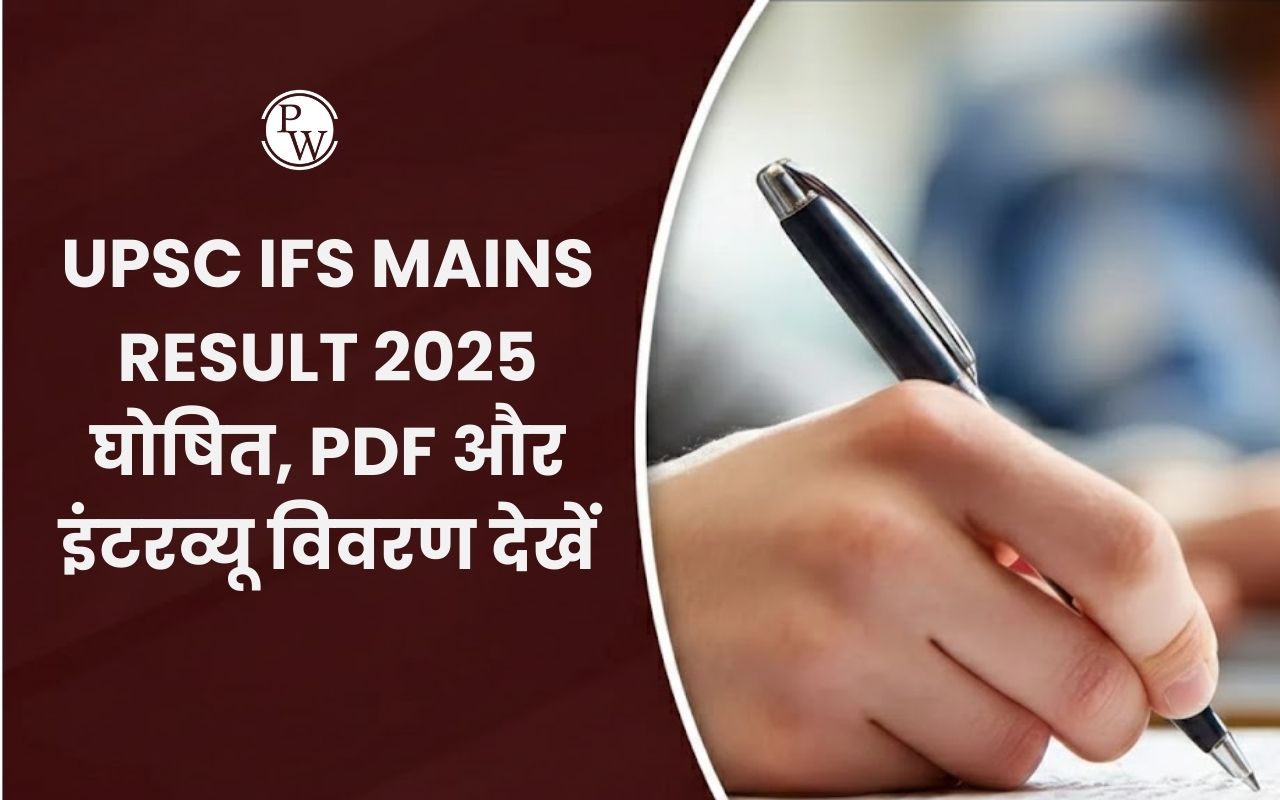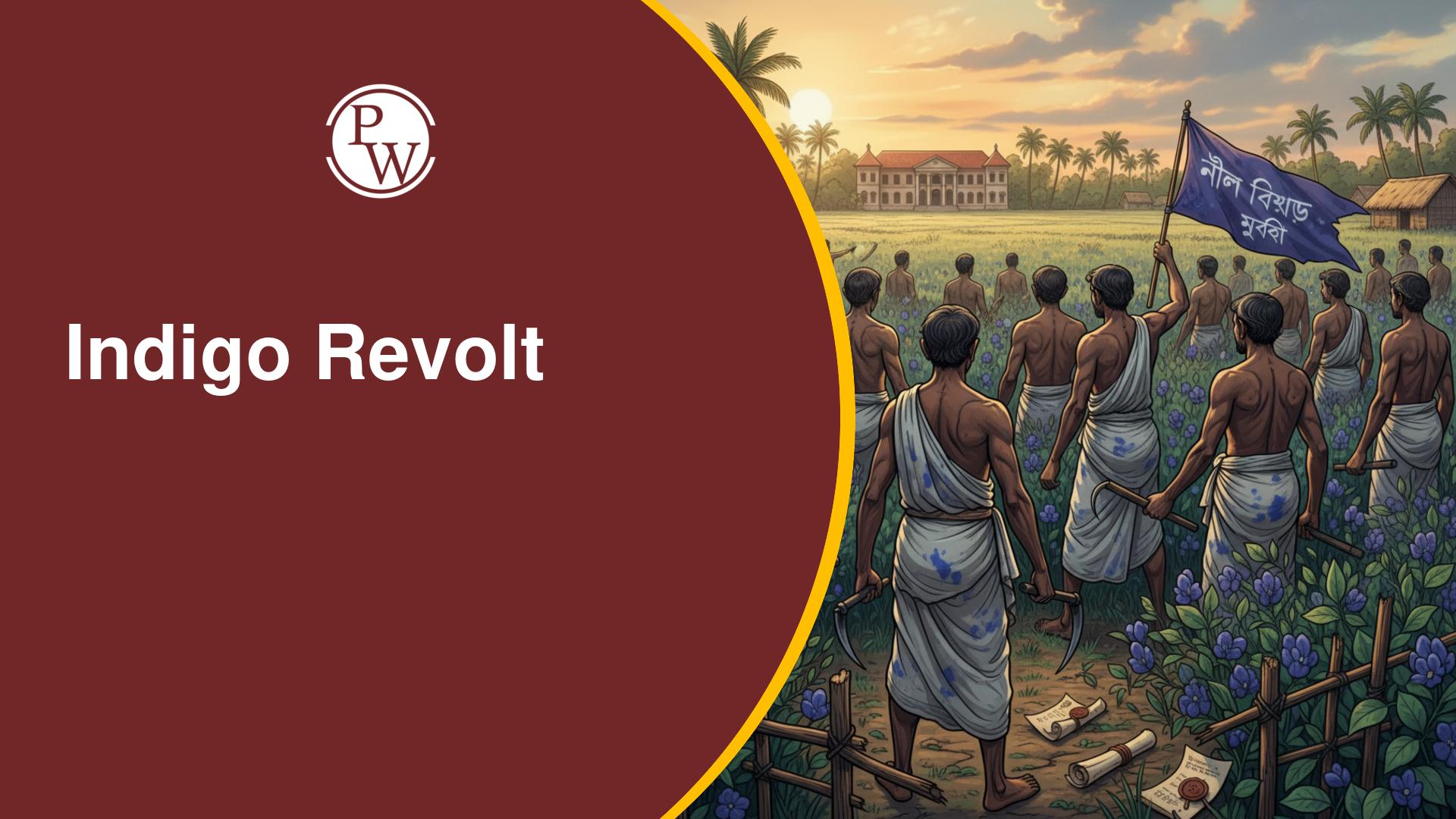
UPSC Manipuri Literature Optional Syllabus 2025 delves into the rich cultural heritage and literary traditions of Manipur, offering candidates a unique opportunity to explore the linguistic nuances and diverse literary landscape of the region. Manipuri literature syllabus comprises two papers, which carries a total of 250 marks in each. Thus it is 500 marks. With Manipuri being one of the official languages of India, included in the eighth schedule of the Constitution, opting for Manipuri Literature as an optional subject for the UPSC Civil Services Mains Examination can be a rewarding choice. In this article, we provide a comprehensive guide to navigating the UPSC Manipuri Literature syllabus for Paper I and Paper II, along with preparation strategies, previous year's question papers, exam patterns, and recommended books.
UPSC Manipuri Literature Syllabus 2025
Manipuri, also known as Meitei, is primarily spoken in the northeastern Indian state of Manipur. The language has a unique script known as the Meitei script, which is an ancient script indigenous to the region. However, the Bengali script is also commonly used to write Manipuri. It is also spoken in parts of Assam and Tripura. With a rich history and cultural significance, Manipuri is one of the major languages of the Tibeto-Burman linguistic group. Manipuri culture is deeply intertwined with its language, with various art forms such as dance, music, and literature flourishing in Manipuri-speaking communities. Educational institutions and cultural organizations have played a significant role in the promotion and protection of its culture, aiming to ensure the language's vitality and relevance in the modern world.|
Overview of UPSC Manipuri Optional Syllabus |
||
|
Mains Papers |
Subject |
Marks |
|
Paper VI |
Manipuri Literature Optional Paper 1 |
250 |
|
Paper VII |
Manipuri Literature Optional Paper 2 |
250 |
|
TOTAL |
500 |
|
|
Time Duration |
3 hours |
|
UPSC Manipuri Literature Syllabus for Optional Paper 1
UPSC Manipuri Literature Optional Paper I Syllabus provides a profound exploration of Manipuri literature's evolution and critical aspects. It offers candidates insights into the historical journey , literary criticism , and development of literary forms in Manipuri literature. Here is the detailed UPSC Syllabus for Paper I of each section:|
Manipuri Optional Syllabus for UPSC Paper 1 |
|
|
Section |
Topics of Manipuri UPSC Syllabus |
|
Section-A |
|
|
Language |
General characteristics of Manipuri Language and history of its development; importance and status among the Tibeto-Burman Languages of North-East India; recent development in the study of Manipuri Language; evolution and study of old Manipuri script. |
|
Significant features of Manipuri Language |
Phonology: Phoneme-vowels, consonants juncture, tone, consonant cluster and its occurrence, syllable-its structure, pattern and types. |
|
Morphology: Word-class, root and its types; affix and its types; grammatical categories-gender, number, person, case, tense and aspects, process of compounding (samas and sandhi). |
|
|
Syntax: Word order; types of sentences, phrases and clause structures. |
|
|
Section-B |
|
|
Literary History of Manipuri |
Early period (up to 17th Century)–Social and cultural background; Themes, diction and style of the works. |
|
Medieval period (18th and 19th Century)-Social, religious and political background; Themes, diction and style of the works. |
|
|
Modern period-Growth of major literary forms; change of Themes, diction and style. |
|
|
Manipuri Folk Literature |
Legend, Folktale, Folksong, Ballad, Proverb and Riddle. |
|
Aspects of Manipuri Culture |
Pre-Hindu Manipuri Faith; Advent of Hinduism and the process of syncretism; |
|
Performing arts-Lai Haraoba, Maha Ras; |
|
|
Indigenous games-Sagol Kangjei, Khong Kangjei, Kang. |
|
UPSC Manipuri Literature Syllabus for Optional Paper 2
UPSC Manipuri Literature Optional Paper II Syllabus focuses on the in-depth analysis and interpretation of prescribed Manipuri literary texts. It aims to assess candidates' critical thinking skills, analytical abilities, and understanding of the themes, characters, and literary techniques employed in Manipuri literature. Check out the complete syllabus for Paper II from below:|
Manipuri Optional Syllabus for UPSC Paper 2 |
|
|
Section |
Topics of Manipuri UPSC Syllabus |
|
Section-A |
|
|
Old Manipuri Literature |
O. Bhogeswar Singh (Ed.): Numit Kappa |
|
M. Gourachandra Singh (Ed.): Thawanthaba Hiran |
|
|
N. Khelchandra Singh (Ed.): Naothingkhong Phambal Kaba |
|
|
M. Chandra Singh (Ed.): Panthoibi Khongul |
|
|
Medieval Manipuri Literature |
M. Chandra Singh (Ed.): Samsok Ngamba |
|
R.K. Snahal Singh (Ed.): Ramayana Adi Kanda |
|
|
N. Khelchandra Singh (Ed.): Dhananjoy Laibu Ningba |
|
|
O. Bhogeswar Singh (Ed.): Chandrakirti Jila Changba |
|
|
Section-B - Modern Manipuri Literature |
|
|
Poetry |
Kh. Chaoba Singh: Pi Thadoi, Lamgi Chekla Amada, Loktak |
|
Dr. L. Kamal Singh: Nirjanata, Nirab Rajani |
|
|
A. Minaketan Singh: Kamal Da, Nonggumlalk Khoda |
|
|
L. Samarendra Singh: Ingagi Nong, Mamang Leikai Thambal Satle |
|
|
E. Nilakanta Singh: Manipur, Lamangnaba |
|
|
Shri Biren: Tangkhul Hui |
|
|
Th. Ibopishak: Anouba Thunglaba Jiba |
|
|
Dr. L. Kamal Singh: Biswa Prem |
|
|
Shri Biren: Chaphadraba Laigi Yen |
|
|
Th. Ibopishak: Norok Patal Prithivi |
|
|
Epic |
A. Dorendrajit Singh: Kansa Bodha |
|
H. Anganghal Singh: Khamba-Thoibi Sheireng (San-Senba, Lei Langba, Shamu Khonggi Bichar) |
|
|
Drama |
S. Lalit Singh: Areppa Marup |
|
G.C. Tongbra: Matric Pass |
|
|
A. Samarendra: Judge Saheb ki Imung |
|
|
Novel |
Dr. L. Kamal Singh: Madhabi |
|
H. Anganghal Singh: Jahera H. |
|
|
Guno Singh: Laman |
|
|
Pacha Meetei: Imphal Amasung, Magi Ishing, Nungsitki Phibam |
|
|
Short Story |
Kanchi Warimacha (Pub) Manipur University 1997 (Ed.) |
|
R.K. Shitaljit Singh: Kamala Kamala |
|
|
M.K. Binodini: Eigi Thahoudraba Heitup Lalu |
|
|
Kh. Prakash: Wanom Shareng |
|
|
Parishadki Khangatlaba Warimacha (Pub) Manipuri Sahitya Parishad 1994 (Ed.) |
|
|
S. Nilbir Shastri: Loukhatpa |
|
|
R.K. Elangba: Karinunggi |
|
|
Anouba Manipuri Warimacha (Pub) The Cultural Forum Manipur 1992 (Ed.) |
|
|
N. Kunjamohon Singh: Ijat Tanba |
|
|
E. Dinamani: Nongthak Khongnang |
|
|
Prose |
Warenggi Saklon [Due Part] (Pub) The Cultural Forum Manipur 1992 (Ed.) |
|
Kh. Chaoba Singh: Khamba-Thoibigi Wari Amasung Mahakavya |
|
|
Kanchi Wareng (Pub) Manipur University, 1998 (Ed.) |
|
|
B. Manisana Shastri: Phajaba |
|
|
Ch. Manihar Singh: Lai-Haraoba |
|
|
Apunba Wareng (Pub) Manipur University, 1986 (Ed.) |
|
|
Ch. Pishak Singh: Samaj Amasung Sanskriti |
|
|
M.K. Binodini: Thoibidu Warouhouida |
|
|
Eric Newton: Kalagi Mahousa (translated by I.R. Babu) |
|
|
Manipuri Wareng (Pub) The Cultural Forum Manipur 1999 (Ed.) |
|
|
S. Krishnamohan Singh: Lan |
|
UPSC Manipuri Optional Exam Pattern 2025
The UPSC Exam Pattern for Manipuri Literature Optional consists of two papers, each carrying 250 marks, with a total of 500 marks. Both papers include descriptive questions aimed at testing candidates' understanding, analytical skills, and critical interpretation of Manipuri literary texts. Candidates are required to choose questions strategically, ensuring coverage of various topics and texts as per the syllabus.| Particular | Details |
| Mains Paper | Paper VI and Paper VII |
| Subjects | Manipuri Optional Paper-I and Paper-II |
| Total Marks | 500 (250 Each) |
| Time allowed | 3 Hours for each paper |
| Sections | Section A and Section B |
| Questions | total 8 questions with subparts |
| Compulsory Question | Question Nos. 1 and 5 |
| Marks Distribution | 10, 15, and 20 marker questions |
UPSC Manipuri Literature Optional 2025 PDF
The UPSC Manipuri Literature syllabus for the IAS Mains Exam encompasses a wide array of topics, covering both classical and contemporary works of Manipuri literature. Divided into two papers - Paper I and Paper II each carrying 250 marks, the syllabus aims to assess candidates' understanding of Manipuri literary history, cultural context, and critical analysis of prescribed texts. Below is the detailed syllabus for Paper I and Paper II. Candidate can download the UPSC Maipuri Syllabus from direct link provided below.
Download UPSC Manipuri Syllabus 2025 PDF
Pros and Cons of Choosing UPSC Manipuri Literature Optional
Choosing UPSC Manipuri Literature Optional offers a unique opportunity for candidates to explore the cultural richness and linguistic diversity of Manipur. Here are some pros and cons to consider:- Cultural Insight: Provides a deep understanding of Manipuri culture, traditions, and literary heritage.
- Regional Representation: Offers an opportunity to represent and promote the literature and language of Manipur at the national level.
- Availability of Resources: Manipuri literary texts and study materials are readily available, aiding in comprehensive preparation.
- Personal Interest: Suitable for candidates with a genuine interest in Manipuri language, culture, and literature.
- Unique Perspective: Offers a unique perspective on historical events, societal issues, and cultural transformations specific to Manipur.
- Limited Study Material: Finding comprehensive study material for Manipuri literature in English may be challenging.
- Linguistic Barrier: Candidates not proficient in Manipuri may face difficulties comprehending the nuances of Manipuri literature.
UPSC Manipuri Previous Year’s Question Paper
The UPSC Manipuri Literature question paper typically comprises a mix of descriptive and analytical questions covering various periods and genres of Manipuri literature. Previous year's question papers provide insights into the exam pattern, question nature, and key topics. Candidates can refer to the previous year’s UPSC Manipuri Optional question papers for better preparation.List of UPSC Manipuri Literature Optional Books
UPSC Manipuri Literature Optional books cover a wide range of topics and texts relevant to both Paper I and Paper II of Manipuri Literature Optional for the UPSC exam. Candidates are advised to supplement their reading with critical analysis and understanding of the texts to excel in the exam.- "History of Manipuri Literature" by N. Khelchandra Singh
- "Manipuri Sahityagi Itihas" by N. Khelchandra Singh
- "Manipuri Sahitya Parichay" by Yumlembam Ibomcha Singh
- "Manipuri Sahitya Itihas" by Thoudam Doren Singh
- "Manipuri Sahityagi Sankalan" edited by M. Kirti Singh
- "Manipuri Sahitya Kosh" by N. Khelchandra Singh
- "Manipuri Sahitya Sankalan" edited by Thoudam Doren Singh
- "Manipuri Sahitya Itihas" by Thokchom Ibohal Singh
- "Manipuri Sahitya Sanchayan" by Khomdram Biramani Singh
- "Manipuri Sahityagi Sankalan" edited by M. Kirti Singh
UPSC Manipuri Literature Syllabus FAQs
Is fluency in the Manipuri language necessary for studying Manipuri literature for the UPSC exam?
Are there English translations available for Manipuri literary works?
How should I approach the analysis of Manipuri literary texts?
Can I write the UPSC paper in the Manipuri language?
Are there any specific authors or works I should focus on for the exam?

UPSC Coaching
